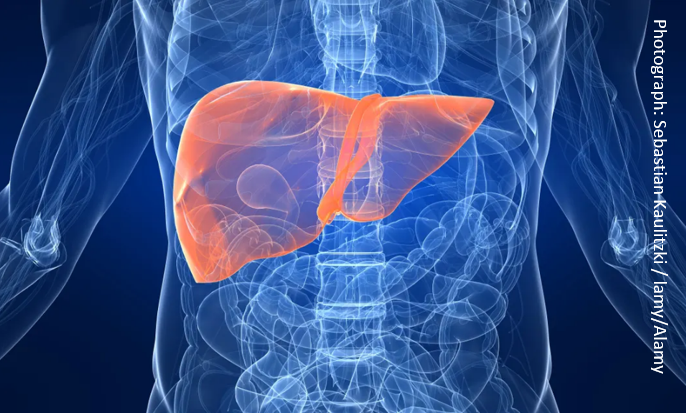Week-long storage boosts time organs are usable and distances over which they can be moved
The technology could boost the number of livers available for transplantation and offer new approaches to treating diseases such as liver cancer.
In 2018-19 1,010 liver transplants were carried out. At the end of March 2019 there were 432 people waiting for the procedure. While about 60% of those in need receive a liver within six months, others face waits of two or more years. Some die before a liver can be transplanted.
Livers are typically only stored for about nine to 12 hours on ice before transplant.
In 2018 researchers in the UK published a report on system that allows livers to be kept at body temperature for 24 hours, a move that the lead author said at the time “improved both the transplant success rate as well as the number of livers available for transplant”.
Now experts have pushed such an approach even further, revealing a system that allows human livers to be stored for a week just below body temperature. “This is a different type of machine that we [had] to develop to reach seven days,” said Prof Pierre-Alain Clavien, co-author of the research from University Hospital Zurich.
The week-long storage, the researchers say, would not only increase the distance over which organs can be transported, but offers another crucial advantage: it gives damaged livers more time to repair themselves, boosting the number of livers that could be used for transplant, while allowing doctors to reject those that are unsuitable.

